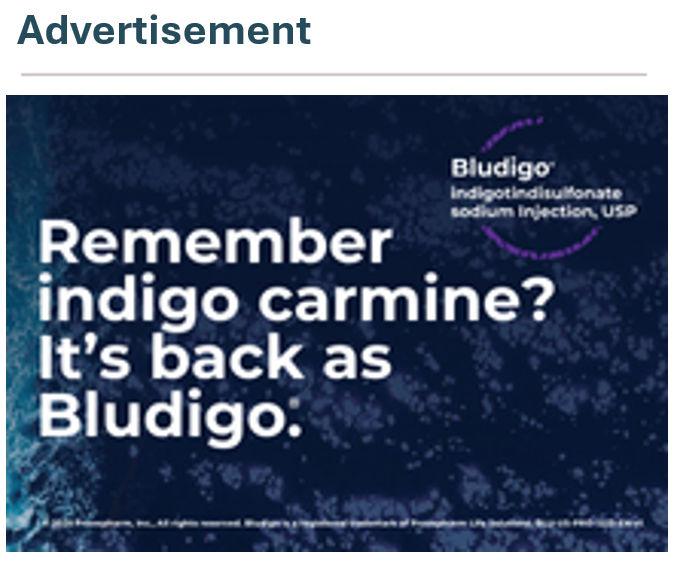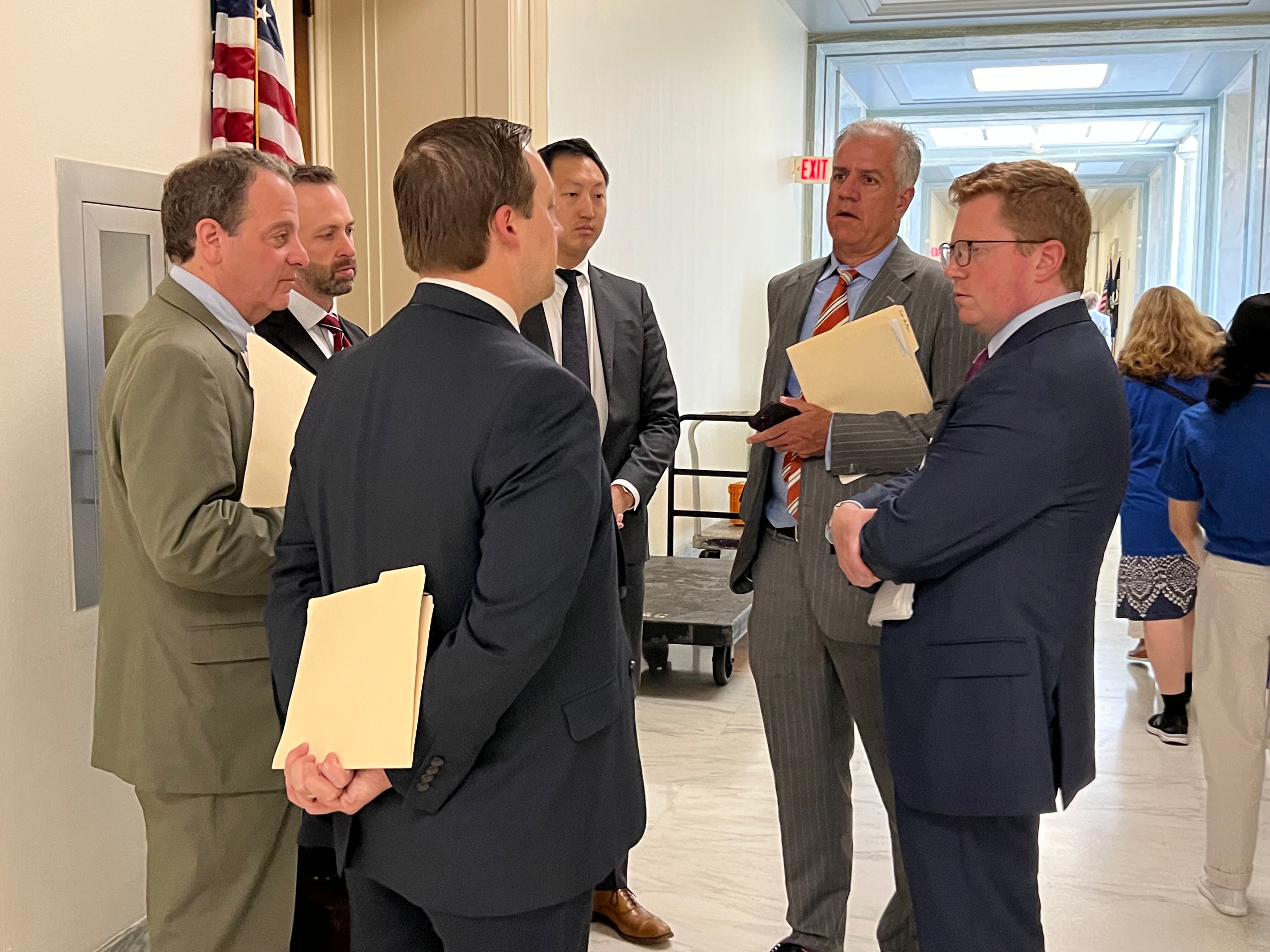LUGPA Policy Brief:
Enhancing the No Surprises Act and Federal Independent Dispute Resolution Process
Dec. 7, 2023
The No Surprises Act (NSA), effective since January 1, 2022, is a pivotal reform safeguarding consumers against unexpected out-of-pocket healthcare costs attributed to surprise medical bills. These bills occur when patients unexpectedly receive high medical charges from out-of-network providers or facilities. A significant aspect of this act is its explicit prohibition of balance billing, which often surprises patients, as they are typically unaware that the emergency services they receive fall under the category of out-of-network care.
Key Provisions: The NSA addresses three primary scenarios:
- Emergency care at an out-of-network facility or from an out-of-network provider.
- Emergency air-ambulance transportation.
- Elective nonemergency care at an in-network facility provided by an out-of-network healthcare provider.
Additionally, the NSA establishes an independent dispute resolution (IDR) process for payment disputes between health plans, providers, uninsured, and self-pay individuals. The Administration’s implementation of the IDR provision in the law has been successfully challenged in four different lawsuits brought by the Texas Medical Association. In particular, the cases asserted that:
- CMS violated the Administrative Procedure Act for the IDR process rule;
- CMS gave outsized weight, or consideration, for the qualifying payment amount (QPA), which was only one of the six criteria in the statute for determining appropriate payment by insurers to out-of-network providers;
- Portions of the rule artificially deflated the QPA and
- CMS violated the notice and comment period for the 600% administrative fee hike interim final rule.
Beyond these court cases, all of which were found in favor of the Texas Medical Association, the insurers have continued to act egregiously. Insurers have purposely paid a small fraction of historical payments to providers and have threatened to substantially slash payment rates or else push providers out-of-network. These approaches by the insurance industry have resulted in the IDR process being overwhelmed by claims appeals by providers who were being substantially underpaid.
Following the litigation losses, the Administration released a new Proposed Rule to improve communication and dispute resolution efforts for disputes that can be pursued before resorting to the Federal IDR process and outlines specific standards for information exchange applicable to all stakeholders involved in the Federal IDR process. Specifically, the Proposed Rule included:
- Use of Claim Adjustment Reason Codes (CARCs) and Remittance Advice Remark Codes (RARC): Plans and issuers are required to use CARCs and RARCs to convey vital information concerning the NSA protections in cases where the plan or issuer provides remittance advice to an entity without a direct contractual relationship. This facilitates communication, particularly in instances involving air ambulance services or disclosing information about the Qualifying Payment Amount.
- Additional Disclosures about the Qualifying Payment Amount (QPA): Plans and issuers must provide more comprehensive information in the initial payment determination or denial, including the reason for any down coding and contact information for subsequent clarification and negotiations.
- Amendment of Open Negotiation Notice Content: The Proposed Rule extends the "open-negotiation" period to 30 business days before initiating the Federal IDR process, introducing written open negotiation notices with detailed information promoting meaningful participation in the open negotiation process.
- Amendment of Notice of IDR Initiation Content: The Proposed Rule adds further content requirements for the notice of IDR initiation, including descriptions of aspects discussed during open negotiations, reasons for initiating the Federal IDR process, and an explanation of the initiating party position.
- Amendment of "Batching Rules": The Proposed Rule aims to balance efficiency and cost savings in the Federal IDR process. It limits batched determinations to 25 line items in a single dispute, with specific circumstances allowing batching, such as services billed by the same provider or paid by the same plan.
- Amendment of the Federal IDR Process: The Proposed Rule suggests multiple changes, including the certified IDR entity selection process, an administrative fee, establishing an IDR entity fee, and extensions for specific timeframes in extenuating circumstances.
While the proposed rule introduces some helpful changes to the NSA and the Federal IDR process, there is still much room for improvement and does not get at the root of the issue, which is insurers forcing providers into the IDR process through low payment rates for critical emergency services. Additionally, the Administration has yet to release rules providing oversight and enforcement mechanisms for bad actors in the IDR process. While the proposed changes aim to improve transparency and promote predictability and efficiency in adjudicating these claims, much more must be done to make the IDR process the impartial system that Congress had intended it to be.
LUGPA supports Congress’s efforts to improve insurer’s obligations under the NSA to ensure that the interests of healthcare consumers are protected and to promote efficiency and fairness in the dispute resolution processes.
|




